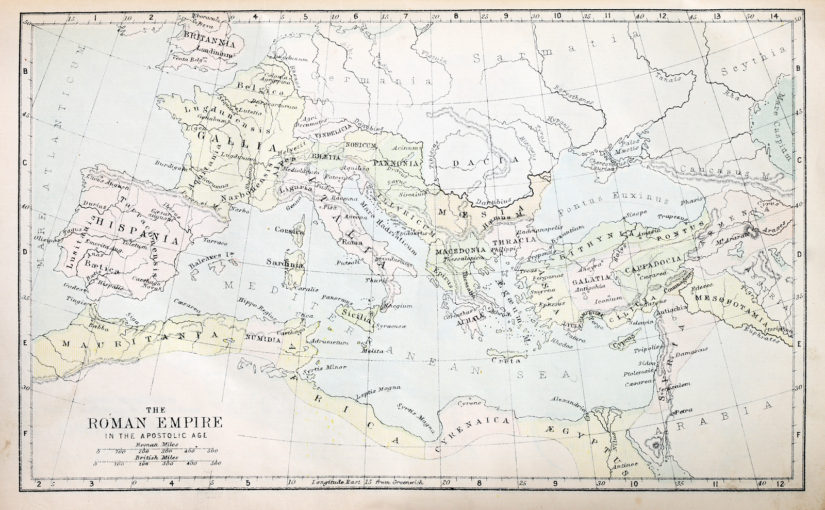The Narrow and Wide Gates
Enter through the narrow gate. For wide is the gate and broad is the road that leads to destruction, and many enter through it. But small is the gate and narrow the road that leads to life, and only a few find it.
This scripture is equally perplexing AND frightening! It is really hard for my small brain to comprehend God’s ways sometimes. Why will only few find it? If all will hear, why will just a few enter?
As Jesus wraps up His teaching on the hillside (now called the Mount of Beatitudes), He has covered a lot ground with topics ranging from serving, to judging, to prayer. He addresses our hearts: pointing out areas of law, tradition, and ritual, and replacing them with pure motives, love, and authenticity.
In an environment of Jewish law and order reigning over all, He fulfills those laws by showing what’s at the root of them – going back to the basics/intention of the law, and then maximizing the law to the fullest with love + utmost surrender to the Lord.
Every time I read this passage, two things come to mind. Anyone else watch A Thief In the Night back in the day? I was 7 and that movie FREAKED ME OUT! The razor left in the bathroom sink… the sad sad song “I Wish We’d All Been Ready”. It was more than my developing brain could process.
The second thing my mind races to is the scripture about the lukewarm being spit out (Rev 3:16). If you’ve read any of Francis Chan’s work, you’ve likely come across some of his thoughts on this scripture. One cool thing about heaven is we will see + know things as they truly are (1 Cor 13:12) – no more guessing!
When I think about this narrow road of a few, it’s easy for me to start feeling frightened or downtrodden. Many enter the path to destruction, but few enter the path of life. Who am I to be among the few? There are a lot more Christians that are more spiritual than me. Yikes!
How does this scripture coincide with the popular mantra “Just Believe”? If you pray the sinner’s prayer and confess Jesus as your Lord + Savior, that’s it, right? How do we know for certain? Will we ever know for certain? Paul’s letter to the Philippians (1:6) sure sounds assuring: Being confident of this very thing, that He that began a good work in you will complete it until the day that Christ returns. How do we get that confidence??
I don’t know the answers to all of these questions. What I do know is that God doesn’t want me living in a state of fear, worry, or a mindset of “working my way into heaven”. This is exactly what Jesus preached against. He wants my heart surrendered and pure. If I am truly believing in His saving grace and can comprehend His love for me, then my life wouldn’t be lukewarm. My passion for Him would be evident in all areas of my life. My desire to glorify Him (not earn salvation) will supersede everything else.
So what about when it’s not? What’s happening then? Am I “saved” when I have seasons of lukewarm living? When I start walking on the wide path toward the big gate…then what? Is there grace for that? If I had a car accident in that moment and died, can I just use the common line “well, God knows my heart”? And is that always a comfort or is that just what people say to justify sin and lukewarm living? Because the truth is, God really does know my heart. ALL OF IT. I’m not sure that’s something I want to brag about all the time. Sure on Sundays when I’ve sang some worship songs and taken good notes from the sermon…or when I just got back from a long run filled with talking to God. But what about when I’m stuck in traffic, see someone that’s really treated me poorly, or my kids won’t listen. Yep, He sees my heart then, too. We can’t pick and choose when and what He sees. I digress…
The bottom line is, in my heart of hearts, I have confidence in the saving grace of God, His love for me, and I choose to surrender all to Him. I can’t wait for heaven!! I believe in Jesus and I believe in heaven! And I believe I will be there.
As I say that, I also have to tell you that I’ve had moments where I couldn’t get a hold of someone… so had to call another Christian (Grandma Rita is a good one) to make sure Jesus didn’t come back and I was left behind. You know, because if anyone’s FOR SURE IN, it’s her. HA HA!
Does anyone else ponder these questions? What have you come up with?


